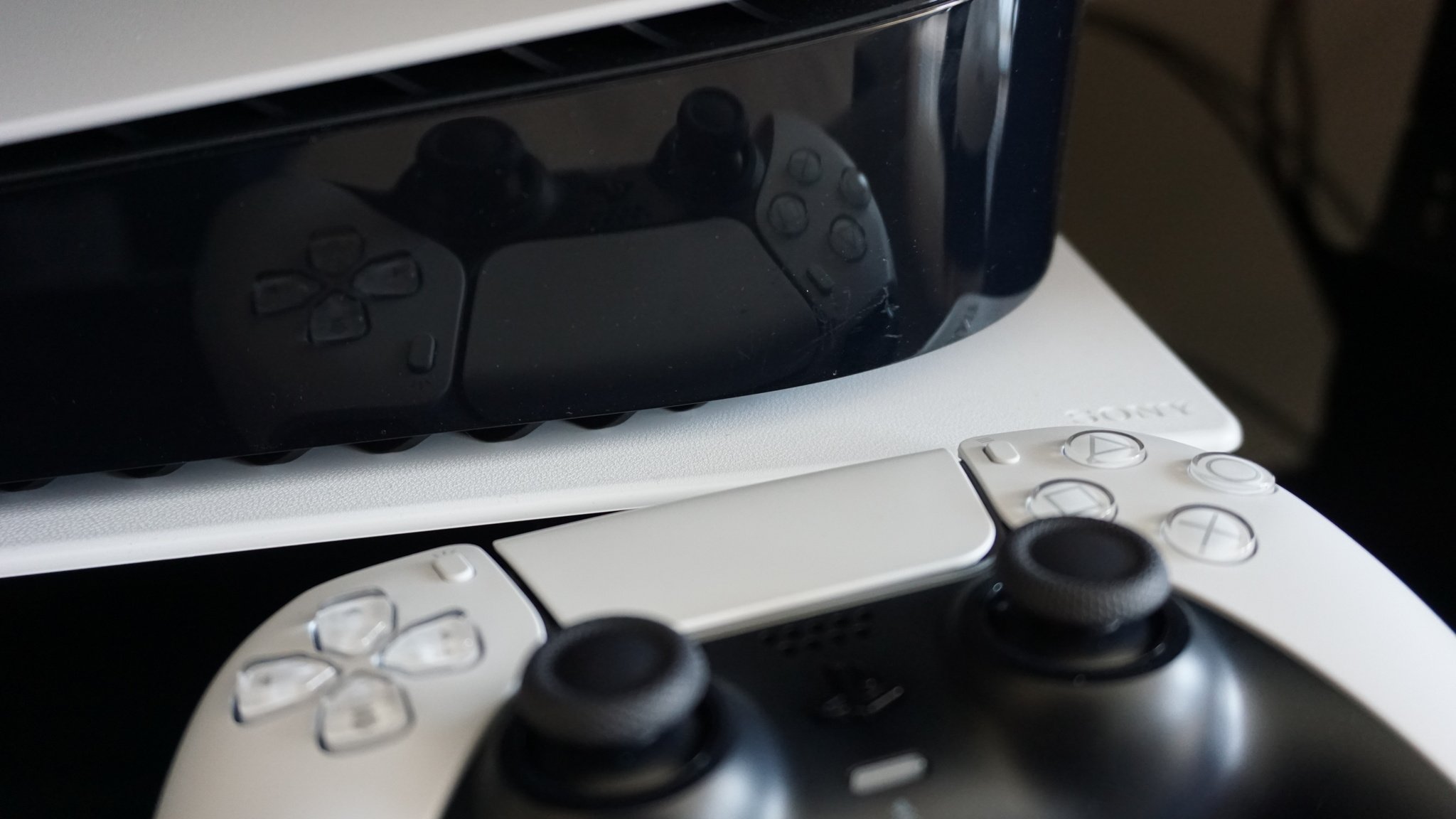This isn't the news anyone wanted to hear, but it isn't surprising.
What you need to know
- The PS5 has been incredibly difficult to buy since its release in November 2020.
- Sony stated in a private briefing that it expects supply shortages to continue into 2022.
- These comments come amid rumors that manufacturers are bracing for a PS5 redesign.
- The alleged internal redesign will supposedly feature a 6nm AMD chip as opposed to a 7nm AMD processor.
Sony's PS5 has been an elusive console since its debut in November 2020, and the company expects that to continue. According to a Bloomberg report, Chief Financial Officer Hiroki Totoki said that despite an attempt to increase supply, demand is not waning and a console shortage will likely continue for at least several more months. These remarks were made in a private briefing following Sony's financial call in April.
"I don't think demand is calming down this year and even if we secure a lot more devices and produce many more units of the PlayStation 5 next year, our supply wouldn't be able to catch up with demand," said Totoki.
During the earnings call, Sony announced that it had sold nearly 8 million PS5 consoles worldwide. Bloomberg had previously reported back in July that Sony was increasing supply production to 10 million units by the end of 2020, largely due to the pandemic. PlayStation's Jim Ryan also reiterated last month that the company had plans to increase supply.
Totoki's comments come amid rumors that manufacturers are gearing up for a PS5 redesign next year, according to DigiTimes. Don't get too excited, though, because the redesign may be entirely internal to combat component shortages. The redesign will supposedly feature a 6nm AMD processor as opposed to the current model's 7nm processor.
If you haven't been able to buy a PS5 yet, the key is persistence and perseverance. As popular as it is, retailers release restocks every week or so, giving you frequent opportunities to snag the machine.
Source: androidcentral
